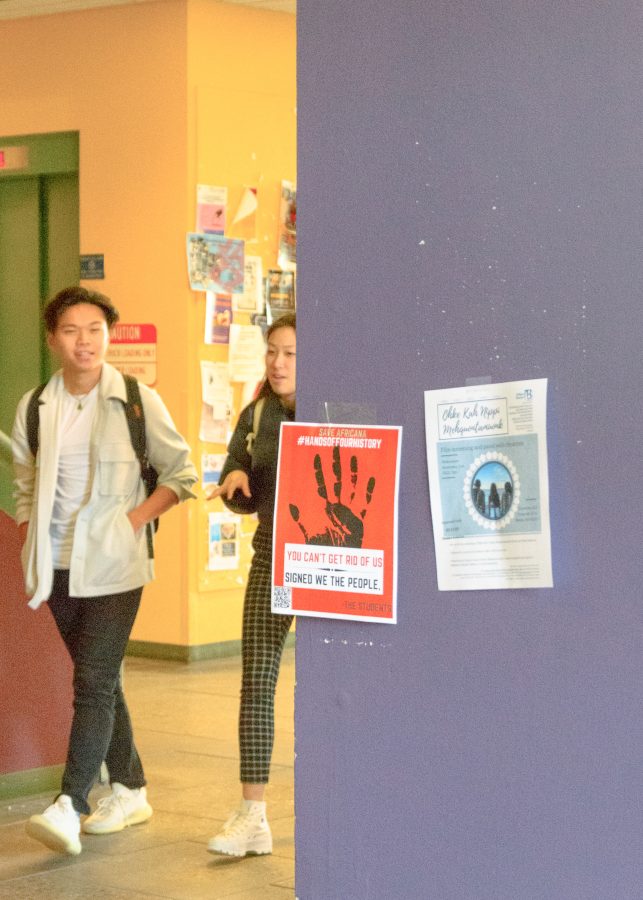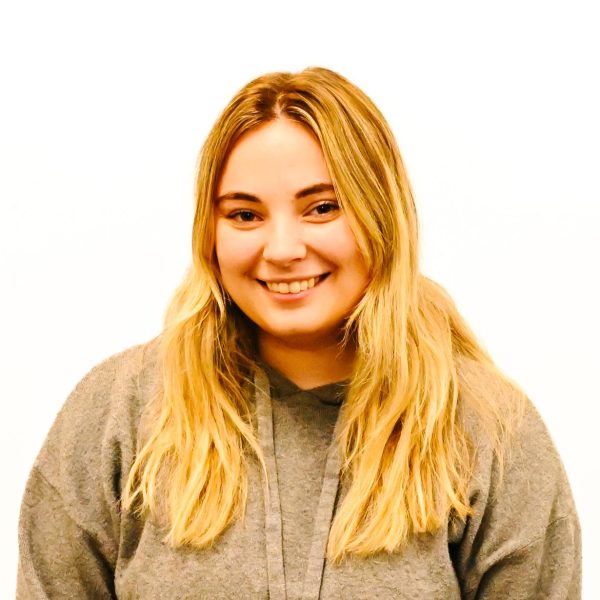The Africana Studies Department at UMass Boston has been dealing with turmoil and concerns this past Fall semester. The department’s competency and prospects have been questioned for quite some time, leading to distasteful responses from the faculty and students. The situation involved various concerns from both the department and the administration’s end, and the conversation between the two seemed like a standoff.
On Jan. 4, Dr. Kibibi V Mack-Shelton sent out an email to the administration, department faculty and The Mass Media declaring her “retirement in protest” to openly renounce the situation of the Africana Studies Department. Dr. Mack-Shelton lambasted the administration for calling out Dr. Jeff Melnick for being “racist,” canceling the job search twice for recruiting two tenure-track faculty and relying on an outside law firm to evaluate the progress and development of the department.
For those who have yet to read the first news article published on Nov. 4, 2022. Earlier, sometime before the beginning of the fall 2022 semester, the administration commissioned an assessment of the Africana Studies Department and the Trotter Institute from Prince Lobel Tye, LLP attorneys. In essence, the reports provided by the attorneys suggested that the administration was consistent with its efforts to support the department. However, part of this assessment also offered recommendations to resolve the situation better
The cancellation of two faculty searches, the removal of the elected chair, Dr. Jamadri Kamara, the demotion and pay cut for the department’s NTT faculty member, and the entire idea of an independent evaluation appeared unfriendly to the department members and detrimental to the department.
Provost Joseph Berger agreed to answer some questions about the department’s current status. In briefly describing the events, Provost Berger said there had been turmoil and tension within the department for quite some time now. Over the years, the administration has attempted to resolve the issues several times, but there are still some unresolved issues. When asked about the cancellation of two searches for tenure track faculty, he said, “as those searches unfolded, there were concerns about the integrity of the search. The Dean [College of Liberal Arts Dean Tyson King-Meadows] had strong concerns. He consulted with me, and I supported the dean’s decision that we stop those searches.”
Berger’s explanation for the department’s independent examination was based on the premise that there had been internal struggle and strife for years. As a result, the administration saw the need for a third-party intervention to devise some measures to address the concerns. Berger continued to state that the administration received the assessment report at the end of August, and some of the report’s findings were communicated at the beginning of September. Berger also made a general statement about such external reviews, stating that while they are not performed more frequently, they are a standard process in higher education when there are problems within the academic department. In addition, he declined to comment on the department’s behalf.
When asked about the vacancies in the department and Trotter Institute, Berger informed that he authorized the search for three vacant positions for the department, as well as a director’s position for the Trotter Institute and one administrative position to support the director. According to Berger, this is one of the results of the assessment.
When asked about the internal concerns the department was facing, Berger meticulously refused to elaborate because the details were personal and confidential. “There are things that need to remain confidential. And let me be clear about a couple of things. There was a whole search committee, and there were also folks in the department. This isn’t saying that the irregularities and the concerns involved everyone involved in that process. It did not. It was the behavior of particular individuals.”
Apart from the faculty, students taking classes in the department have raised strong concerns about the enrollment dropping and not having enough faculty, as that puts additional strain on academics. Justice4TheTimes is a coalition of students and community members actively advocating for the Africana Studies Department. When asked about student involvement, Berger stated that he met with several students and staff members and acknowledged their concerns. However, he emphasized that it is not just about making the situation look good for the moment, but about sustaining the efforts so that future students do not face similar difficulties.
Berger stated in his closing remarks that there is always some resistance to change and that he is accountable to everyone, both inside and outside of the department. The administration has addressed and is using the evaluation to take action on all of the letters written by the faculty, whether in protest of the administration’s position on the matter or expressing strong dissent. Lastly, he informed that the administration intends to finish the faculty searches successfully by the end of the spring semester. This story is still developing as the administration and the department constitute the search committee and carry out the process successfully.


